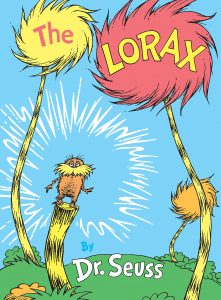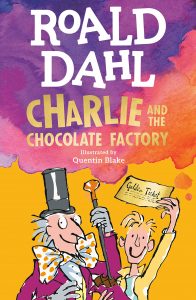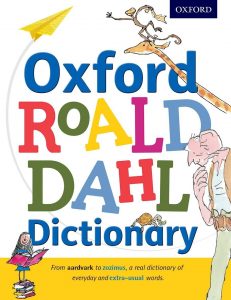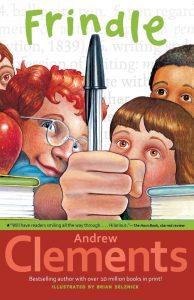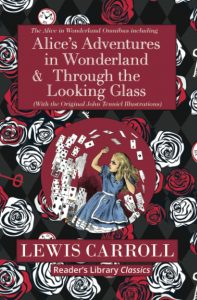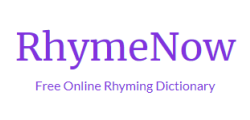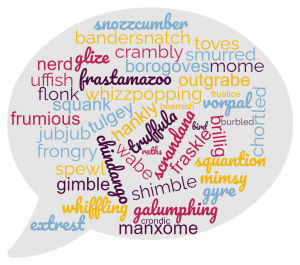
Hey there young poets and word wizards! Today, I want to talk to you about a super fun part of writing: making up words! Have you ever wondered if it’s okay to create your own words? The answer is a big, booming YES! But there’s a little secret to it. Let’s dive in.
Why Make Up Words?
Imagine a world where there are no boundaries to your imagination, a place where you can create anything you like. This is what happens when you make up words! It’s like painting with colors that no one else has ever seen.
The Rules
Here’s the thing: just like with any kind of magic, there are some guidelines. If you decide to make up words, they should have a purpose. That means we don’t just throw letters together like spaghetti on a wall. Instead, we craft them like a sculptor, making sure every new word has a reason to exist in our story or poem.
Dr. Seuss: The Word Magician
Let’s talk about one of the most famous word inventors—Dr. Seuss. Have you ever heard of a “Zizzer-Zazzer-Zuzz” or “Truffula trees” or even a “nerd?” Dr. Seuss loved to create words that were fun to say and added sparkle to his stories. But if you notice, every made-up word in his books fits perfectly with the world he’s creating. They have a rhyme, a rhythm, and a reason.
Roald Dahl and His Whimsical Words
Then there’s Roald Dahl—the author of Charlie and the Chocolate Factory—another wizard of words! Words like “whizzpopping” and “snozzcumber” make his stories come alive in a zany, unique way. What’s super cool about Dahl is that some of his fanciful words weren’t entirely made up! He borrowed playful words like “hornswoggle” and “whangdoodle.” These words sound silly to us, but they were actually old-timey talk in America. So, while they sound new and fantastical in Dahl’s British stories, they were a wink to older, playful language from across the pond!
In fact, there’s even a Roald Dahl Dictionary that lists all of his invented words and even tells you what they mean. So if you need to know the difference between a “trogglehumper” and a “gobstopper,” or what it means to be “biffsquiggled,” (or if you just love reading about made-up words like I do!) this might be just the book for you.
The Power of a Single Word
Speaking of inventing words, have you ever heard of the book “Frindle” by Andrew Clements? In this captivating story, a boy named Nick Allen comes up with a new word for a pen: “frindle.” What starts as a simple act of creativity becomes a sensation when he convinces his friends to use it. The magic of this tale? The word catches on so much that it eventually finds its way into the dictionary! It just goes to show that with imagination, persistence, and a little bit of fun, a single made-up word can leave a lasting mark on the world.
The Magic of ‘Jabberwocky’ and Lewis Carroll’s Wordplay
Lewis Carroll, the mastermind behind Alice’s Adventures in Wonderland, even gifted us with the nonsense poem “Jabberwocky.” This poem, found in the sequel Through the Looking-Glass, is filled with playful and puzzling words like “slithy,” “mimsy,” “toves,” and “borogoves.” These invented words might seem confusing at first, but they paint a vivid picture in our minds, even if we don’t know their exact meanings. Carroll’s genius lay in his ability to craft words that sounded just right for the creatures and scenes they described. In fact, some of the words he invented for this poem, including “chortle” and “galumph,” can now be found in any English-language dictionary. Carroll invented them, and they became “real” words, just like Nick Allen’s “frindle.”
The Art of Crafting Words in Poetry
When writing poetry, you can make up words just like Dr. Seuss and Lewis Carroll did, but you have be careful. Poetry is like music, and every word has to hit the right note. Sometimes, poets might feel the urge to invent a word just because they can’t find the perfect rhyme. This is a pitfall we call a “forced rhyme,” and it can make your poem feel, well, forced! It’s like putting a square peg in a round hole; it just doesn’t fit. Dr. Seuss, for instance, didn’t make up words just to rhyme. He did it with intention, crafting each word to fit perfectly into his poetic landscape.
And guess what? I’ve done it, and you can do it too. In my poem “Today I Decided to Make up a Word” I invented dozens of new words. I didn’t create them because I was stuck; I did it purposefully to add magic to the poem. When making up words in poems, always ask: is this word here for a genuine reason or just as a quick fix? If it’s there for a reason, rhyme on with pride! If it’s just because you can’t think of a real word, maybe try a little harder.
New Words Around Us
And guess what? Many words we use every day are pretty new to our language! Every year, people come up with cool new words for things or ideas that didn’t have names before. Just like how you might invent games or secret codes with your friends, grown-ups have been creating words like “selfie,” “emoji,” and “meme” in recent years. It’s like a never-ending word party, and everyone’s invited!
One of my personal favorites is the word “blog.” “Blog” came from the words “web log.” The word “weblog” was coined by Jorn Barger on December 17, 1997 to mean an internet diary or journal. Later, in 1999, Peter Merholz jokingly broke the word “weblog” into the phrase “we blog” on his own site, Peterme.com. From there, “blog” emerged as a term for both the action (“to blog” meaning “to update one’s weblog”) and for the online journals themselves.
You Can Do It Too!
So, here’s your challenge. The next time you’re writing, try making up a word. But remember:
1. Purpose: Think about why this word exists in your story. Does it describe something new? Does it set a mood?
2. Sound: Say it out loud. Does it sound fun? Does it fit the feeling of your poem or story?
3. Meaning: Even if it’s a made-up word, readers should get a hint about what it means from the way you use it.
To all the budding poets and writers out there, remember that words are your tools and toys. Play with them, reshape them, and invent some of your own! After all, today’s made-up word might just become tomorrow’s newest addition to the dictionary.
- Enhancing ESL Fluency Through Children’s Poetry - July 24, 2024
- Sensory Poetry Lesson Plan: Bringing Poems to Life Through the Five Senses - July 17, 2024
- The Power of Rhythm: How Poetic Meter Enhances Memory and Recall - July 10, 2024

